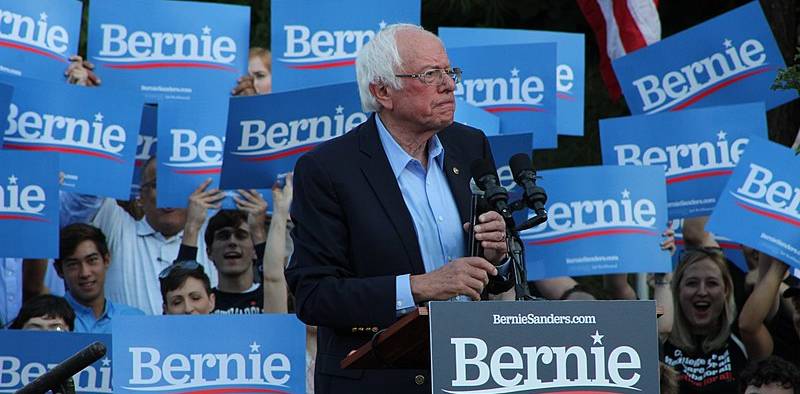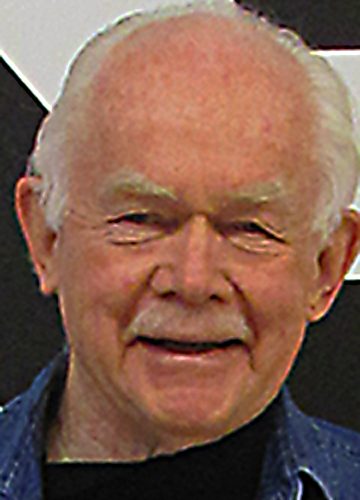Isms. Capitalism and Socialism.

As different as these isms are, they both share two things in common: the people (the masses) and those “at the top.” And, quite aside from each ism’s architecture, each ism can and does foster corruption, collusion and authoritarianism.
Capitalism is criticized for encouraging exploitative practices and inequality between social classes. Critics argue that capitalism inevitably leads to monopolies and oligarchies, and that the system’s use of resources is unsustainable.
In Das Kapital, one of the most famous critiques of capitalism, Karl Marx and Friedrich Engels claim that capitalism centers profits and wealth in the hands of the few who use the labor of others to gain wealth.
Professor Emeritus of Economics at UMass Richard D. Wolff and environmentalists also state that capitalism is destructive of resources both natural and human, as well as disruptive to economic stability. The unplanned, almost chaotic, factors of a capitalist economy, with its recessions, unemployment, and competition, are often seen as negative forces. As defined by historian Greg Grandin and economist Immanuel Wallerstein, the destructive nature of capitalism moves beyond workers and communities to natural resources, where the pursuit of growth and profits tends to ignore or overwhelm environmental concerns.
Socialism critics tend to focus on the loss of individual freedom and rights, the inefficiency of planned or controlled economies, and the inability to achieve the theoretical constructs that socialism espouses.
Socialism is often criticized for aspects that are not socialist, but rather communist or a hybrid of the two economic systems. Critics point out that the “most socialist” regimes have failed to deliver adequate results in terms of economic prosperity and growth. Examples cited range from the former U.S.S.R. to current regimes in China, North Korea, and Cuba, most of which are more on the communist end of the spectrum.
Based on historical evidence from communist governments, extensive famine, severe poverty, and collapse are the end results of trying to control an economy based on “5-year plans” and assigning people to jobs and tasks as if the country were a machine rather than a society. A common observation about particularly restrictive socialist or communist economies is that they eventually develop “classes” with government officials as “the rich,” a fringe-like “middle class,” and a large “lower class” composed of workers, which supporters of capitalism are often quick to point out are the same things socialism calls “exploitative.”
The U.S. is considered the bastion of capitalism, and large parts of Scandinavia and Western Europe are considered socialist democracies. The truth is that every developed country has some programs that are socialist such as Social Security, Medicare, the Federal highway system, the FAA…the list is long.
Democratic Socialism
True socialism would replace the capitalist economy we live in now and replace it fully with a socialist one. While this is the dream of Marxists and socialists everywhere, this is not the plan Bernie Sanders is fighting for. Democratic socialism would instead put more restrictions on corporations and owners. This would include limitations on how much more money a CEO can make compared to their employees and granting employees more rights and a higher minimum wage.
Sanders has often tried to explain the difference between “socialism” and “democratic socialism,” but the right’s strategy is to exploit people’s fears. In fact, America has a rich socialist history many people are unaware of such as Medicare, Social Security, the federal highway system, the FAA –the list goes on. But people still fear the “S” word and picture evil dictators and red flags.
When Sanders spoke at Georgetown University, he said clearly that he is NOT in favor of “workers owning the means of production,” which is one of the most important aspects of Marxism. Marxism would replace the corporate ownership of business and would hand the companies to the workers to manage and control. This eliminates the capitalist structure, something democratic socialism does not do.
Without any help from the Right or the Left, there is an undercurrent of fear in the body politic that we all – left, right & independent – share. That fear is authentically rooted in our collective awareness that the American Dream, our hope that our kids will do better than us, has died. This awareness is rooted in real problems: income stagnation and inequality, worrisome declines in health and longevity, and the escalating costs of housing and higher education at a time when a college education is critical for getting a decent job.
This fear is the result of unregulated capitalism.








Sanders already has committed political suicide by espousing programs that are far too drastic, and in fact unrealistic. Free (tax paid) universal higher education? A “university” diploma even now means virtually nothing, because any hole-in-the-wall strip-mall joint can legally label itself a “university”, and because of the debasement of curricula even at once-reputable universities. Not everyone is “college material”. As Jefferson observed, there is a “natural aristocracy”, like it or not. (But, no, the reigning plutocrats are not Jefferson’s natural aristocrats!)
In their once-renowned book “Lessons of History”, Will and Ariel Durant forecast that communism would gravitate toward capitalism and that capitalism would gravitate toward socialism, leaving them essentially similar. The plutocrats would see the world go up in flames to prevent the latter — and they’ve been doing a helluva good job of inflaming the world, wouldn’t you say?.